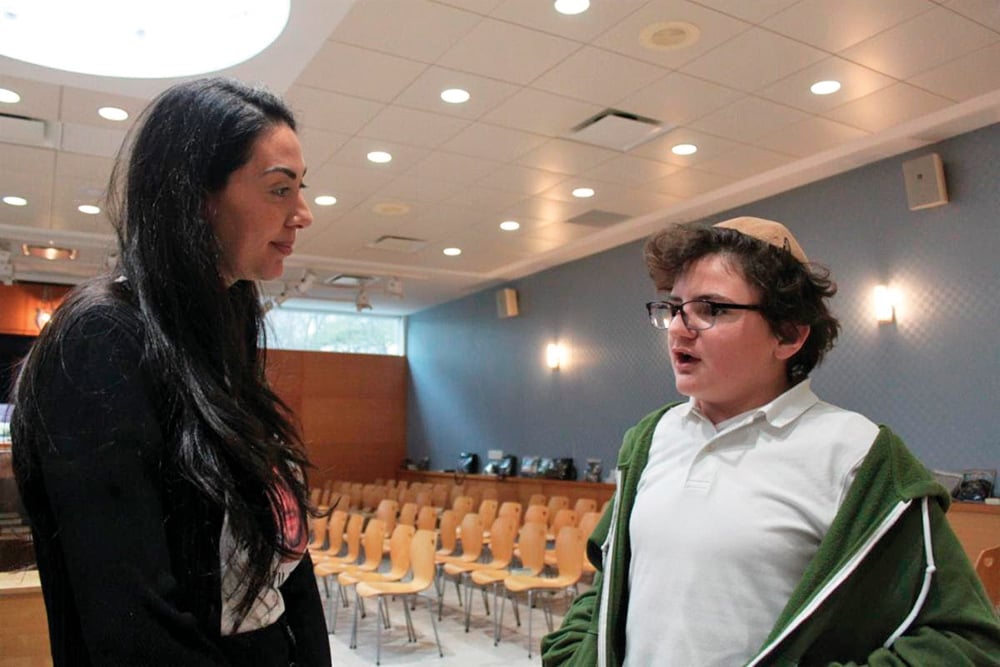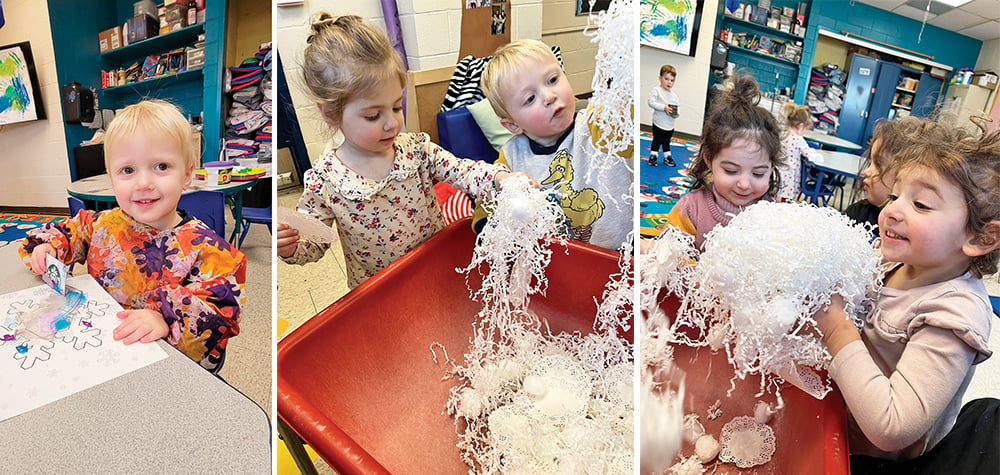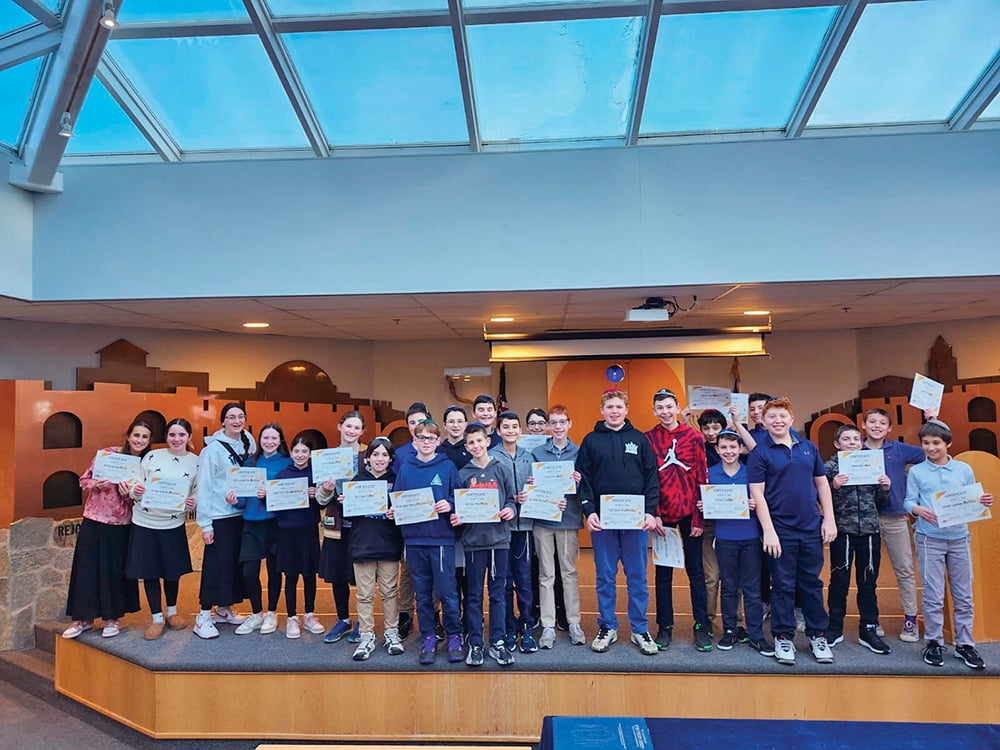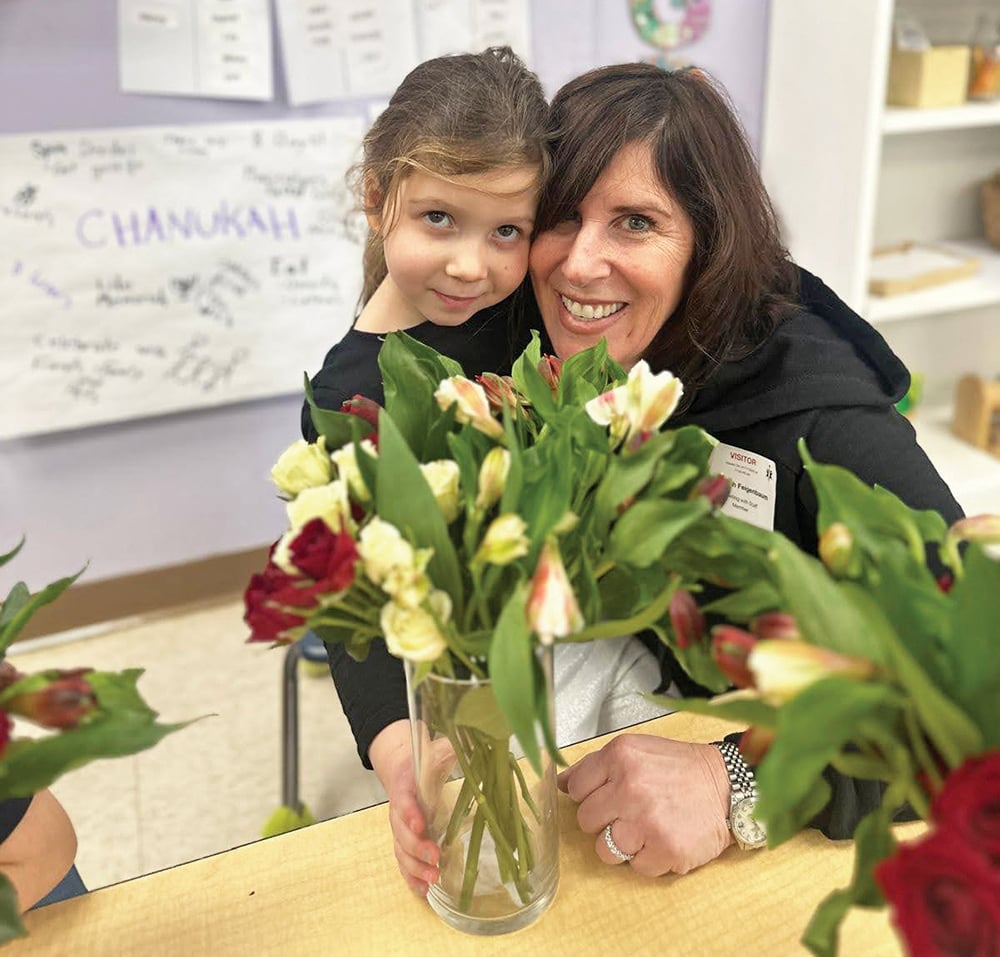

New York—What’s in an apple? Maybe, just maybe, the secret to kicking cancer.
According to research by Dr. Alyssa Schuck and Dr. Jeffrey Weisburg, Doris Kukin Chair in Molecular Biology—both clinical assistant professors of biology at Stern College for Women, apples, along with cranberry juice, pomegranates, and green and black tea, contain common cancer-fighting compounds: nutraceutical polyphenols. Found in natural foods and plants, these polyphenolic extracts were proven by Weisburg’s and Schuck’s studies to be selectively toxic to cancer cells, leaving normal cells unaffected.
“We all know that a lot of drugs used to treat cancer have harmful side effects that damage normal tissue,” said Schuck. “Unlike many other studies, which only test the effects of chemicals on cancer cells, we take care to test the effects of the extracts on normal cells. Eventually, this could potentially lead to the development of a cancer therapy that would not negatively impact healthy, normal cells to the same extent as conventional chemotherapeutic agents. Our other goal is to determine the mechanism that enables these natural products to kill cancer cells.”
To test the mechanisms that allow nutraceuticals to target cancer cells exclusively, Schuck and Weisburg use an in vitro culture system, working with human cells taken from people’s mouths to study the effects of the natural extracts. The idea to use oral cells came from Dr. Harvey Babich, chair of the biology department, who reasoned that if one is testing the effects of natural products which most people consume orally, it make sense to test the impact of those products on the part of the body that first encounters them in their original state.
Students are working alongside them in the lab to gain hands-on experience with everything from cultivating the cells to performing toxicity tests.
Schuck, who was mentored before she graduated from Stern College in 1999 to pursue a Ph.D. at New York University’s Sackler Institute of Graduate Biomedical Sciences, said, “Now that I’m teaching at Stern, I try to do the same things for students. We work with students very individually in the lab, and it’s rewarding to really get to know them and see them succeed in accomplishing their goals and moving on to graduate and professional school.”
Schuck and Weisburg also include students as co-authors in their published work. In 2013, they published three papers in peer-reviewed journals with 13 Stern College students and alumni. Weisburg and Schuck also sent students to present their research at the American Chemical Society Annual Meeting and the Annual Meeting of the Society for In Vitro Biology.
For Talia Felman and Rebecca Garber, two students hoping to pursue medical school after graduation, the faculty mentorship and support they received in Weisburg and Schuck’s labs have been invaluable.
“In Dr. Weisburg’s lab, I learned not only how to handle cells, but the kinds of obstacles to look out for in different kinds of experiments and problem-solving skills to cope with them,” said Talia Felman. “I also gained an appreciation for the importance of collaboration in scientific research.”













